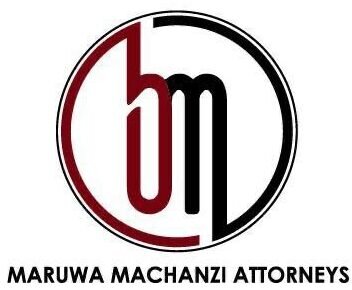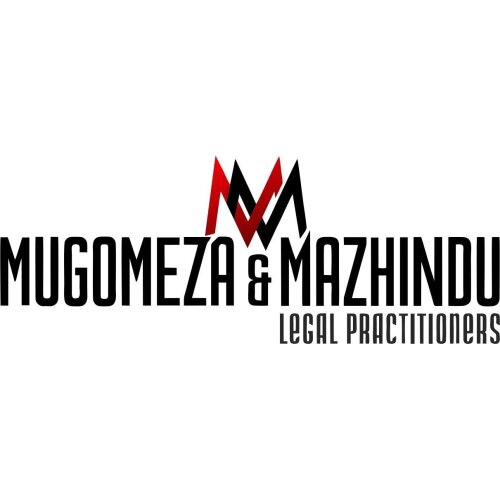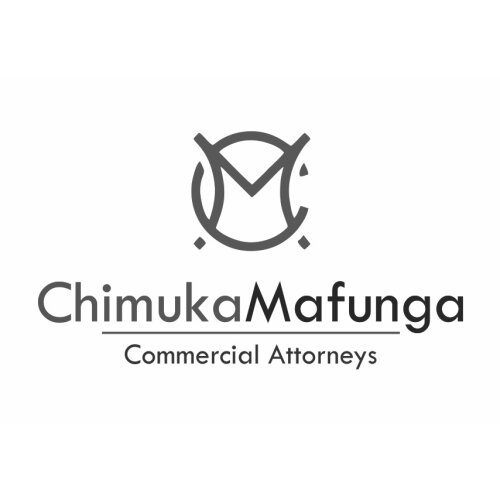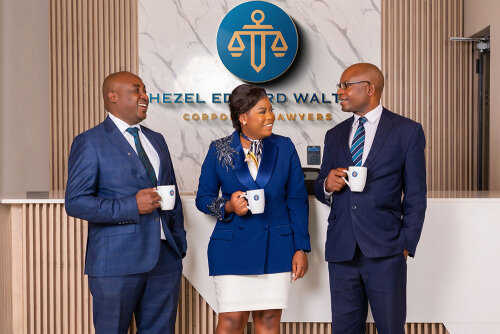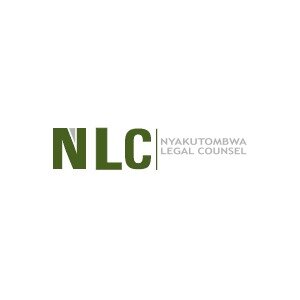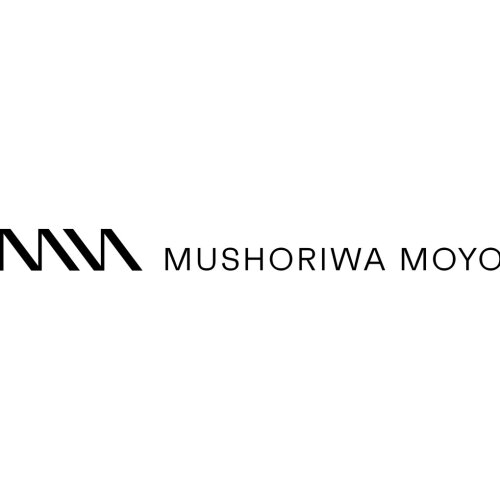Best Funds & Asset Management Lawyers in Harare
Share your needs with us, get contacted by law firms.
Free. Takes 2 min.
List of the best lawyers in Harare, Zimbabwe
About Funds & Asset Management Law in Harare, Zimbabwe
Funds and asset management law in Harare, Zimbabwe, refers to the legal framework that governs how financial assets such as investment funds, pensions, unit trusts, mutual funds, and portfolio management are handled and regulated. This area of law ensures that fund managers, trustees, and financial advisors operate with integrity, transparency, and in the best interests of their clients. The overall goal is to protect investors, maintain financial stability, and encourage proper market conduct within the rapidly evolving Zimbabwean financial sector. As Harare serves as Zimbabwe’s main commercial hub, most asset management firms and related legal practitioners have a strong presence in the city.
Why You May Need a Lawyer
Legal professionals specializing in funds and asset management can provide essential support in several situations, including:
- Setting up, registering, and structuring investment vehicles like unit trusts or private equity funds
- Navigating the acquisition or disposal of assets as part of an investment strategy
- Drafting and negotiating investment management agreements and related contracts
- Ensuring compliance with the Securities and Exchange Commission of Zimbabwe (SECZ) and Reserve Bank of Zimbabwe (RBZ) regulations
- Resolving disputes between investors, fund managers, and third parties
- Advising on cross-border investment transactions and related currency controls
- Assisting with due diligence, anti-money laundering requirements, and risk management strategies
- Addressing tax implications and structuring investments to optimize legal and tax outcomes
- Representing clients in investigations or enforcement actions by regulatory authorities
- Ensuring adherence to changing local laws and best international practices
Local Laws Overview
Funds and asset management activities in Harare are primarily regulated by several statutes and bodies, including:
- Securities and Exchange Act [Chapter 24:25] - Regulates the operation of securities exchanges and the conduct of persons involved in the securities industry.
- Collective Investment Schemes Act [Chapter 24:19] - Governs the registration, operation, and regulation of collective investment schemes, including unit trusts and mutual funds.
- Reserve Bank of Zimbabwe (RBZ) Guidelines - Provide oversight regarding capital flows, foreign investments, and anti-money laundering measures.
- Anti-Money Laundering and Counter Financing of Terrorism Act - Sets out requirements for reporting, customer due diligence, and monitoring of suspicious transactions.
- Income Tax Act - Addresses the tax treatment of investment funds, investors, and asset management entities.
Anyone operating or investing in funds and asset management must comply with local registration, licensing, investment reporting, and capital adequacy requirements. Harare, as the center of Zimbabwe’s financial sector, is the focal point for regulatory enforcement and advisory services in this field.
Frequently Asked Questions
What are collective investment schemes and how are they regulated in Harare?
Collective investment schemes are pooled investment vehicles where investors contribute funds to be managed collectively by a professional manager. In Harare, they are regulated under the Collective Investment Schemes Act and must be registered with the Securities and Exchange Commission of Zimbabwe before operating.
What licenses does an asset manager need to operate in Zimbabwe?
Any individual or company wishing to manage investment funds or provide asset management services must be licensed by the Securities and Exchange Commission of Zimbabwe. Licensing involves meeting certain capital, competence, and operational requirements.
Are there restrictions on foreign investment in Zimbabwean funds?
Yes, foreign investors may face certain restrictions, particularly around currency remittance, repatriation of capital, and exchange control regulations administered by the Reserve Bank of Zimbabwe. Legal advice is essential for cross-border investments.
What are the primary risks associated with asset management in Harare?
Primary risks include market volatility, regulatory changes, currency instability, and operational risks. Proper due diligence, robust contracts, and regular compliance checks are essential to manage these risks.
How are disputes in asset management typically resolved?
Disputes may arise between investors, fund managers, or third parties. They are often resolved through negotiation, mediation, or arbitration, but can also be taken to court if necessary. Legal counsel is valuable throughout the dispute resolution process.
What is the role of the Securities and Exchange Commission of Zimbabwe?
The Securities and Exchange Commission of Zimbabwe acts as the main regulatory authority overseeing all securities and investment businesses, ensuring compliance with relevant laws and protecting investor interests.
How do taxation laws affect funds and asset managers?
Taxation laws in Zimbabwe affect both the structure and performance of investment funds. Funds and investors may be subject to income tax, withholding tax, and other tax obligations. Proper structuring and legal guidance help to manage tax implications effectively.
What anti-money laundering requirements apply to asset managers?
Asset managers must comply with anti-money laundering regulations, including conducting due diligence on investors, monitoring transactions, and reporting suspicious activities to the Financial Intelligence Unit.
Can Zimbabwean funds be marketed to foreign investors?
Yes, but there are restrictions regarding marketing practices, investor protections, and exchange control. Additional registration may be required, and legal advice ensures compliance with both local and foreign regulations.
What should an investor consider before investing in a Zimbabwean fund?
Investors should review the fund’s prospectus, management history, regulatory registration, risk disclosures, and underlying asset strategies. It is advisable to consult with a lawyer or qualified financial adviser before making any decisions.
Additional Resources
If you are seeking further information or help with funds and asset management legal matters in Harare, the following resources may be useful:
- Securities and Exchange Commission of Zimbabwe (SECZ) - Regulatory body for securities and asset management
- Reserve Bank of Zimbabwe (RBZ) - Central bank and regulator of capital flows
- Zimbabwe Stock Exchange (ZSE) - Official securities trading platform in Zimbabwe
- Financial Intelligence Unit - For reporting and compliance with anti-money laundering regulations
- Zimbabwe Association of Pension Funds (ZAPF) - Industry body for pension fund managers
- Licensed law firms and legal practitioners specializing in financial services law
Next Steps
If you require legal advice or assistance in the funds and asset management sector in Harare:
- Identify your specific concern or legal requirement, whether it pertains to regulatory compliance, investment structuring, dispute resolution, or another issue.
- Contact a qualified legal practitioner or law firm with experience in funds and asset management law.
- Arrange a consultation to discuss your situation, share necessary documents, and clarify your objectives.
- Work with your lawyer to develop a strategy that ensures compliance, minimizes risks, and promotes your interests.
- Stay informed about regulatory changes and maintain regular communication with your legal adviser to manage ongoing obligations effectively.
Seeking timely and specialized legal advice will help you navigate the complexities of the funds and asset management sector in Harare, Zimbabwe, and protect your investments or business operations.
Lawzana helps you find the best lawyers and law firms in Harare through a curated and pre-screened list of qualified legal professionals. Our platform offers rankings and detailed profiles of attorneys and law firms, allowing you to compare based on practice areas, including Funds & Asset Management, experience, and client feedback.
Each profile includes a description of the firm's areas of practice, client reviews, team members and partners, year of establishment, spoken languages, office locations, contact information, social media presence, and any published articles or resources. Most firms on our platform speak English and are experienced in both local and international legal matters.
Get a quote from top-rated law firms in Harare, Zimbabwe — quickly, securely, and without unnecessary hassle.
Disclaimer:
The information provided on this page is for general informational purposes only and does not constitute legal advice. While we strive to ensure the accuracy and relevance of the content, legal information may change over time, and interpretations of the law can vary. You should always consult with a qualified legal professional for advice specific to your situation.
We disclaim all liability for actions taken or not taken based on the content of this page. If you believe any information is incorrect or outdated, please contact us, and we will review and update it where appropriate.



